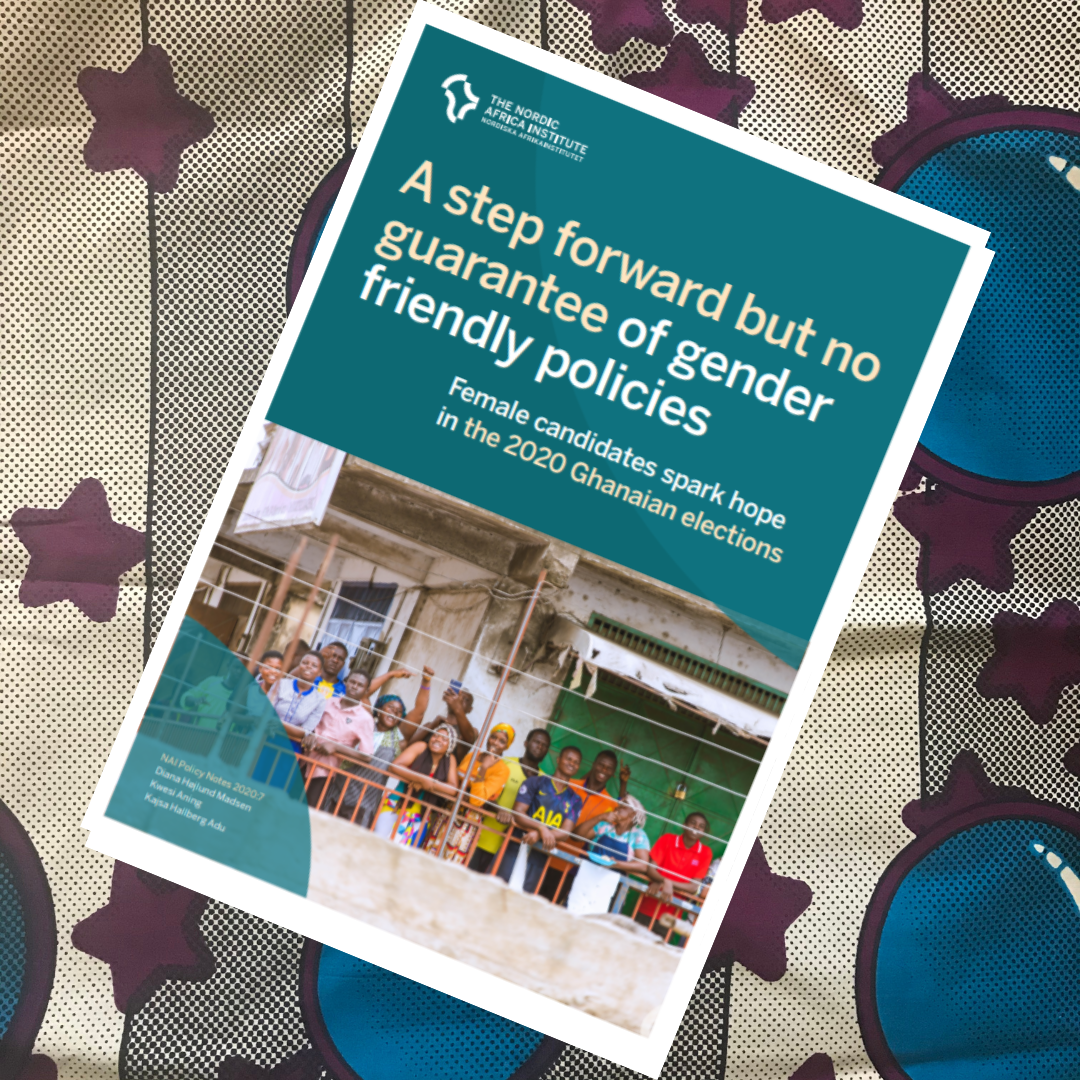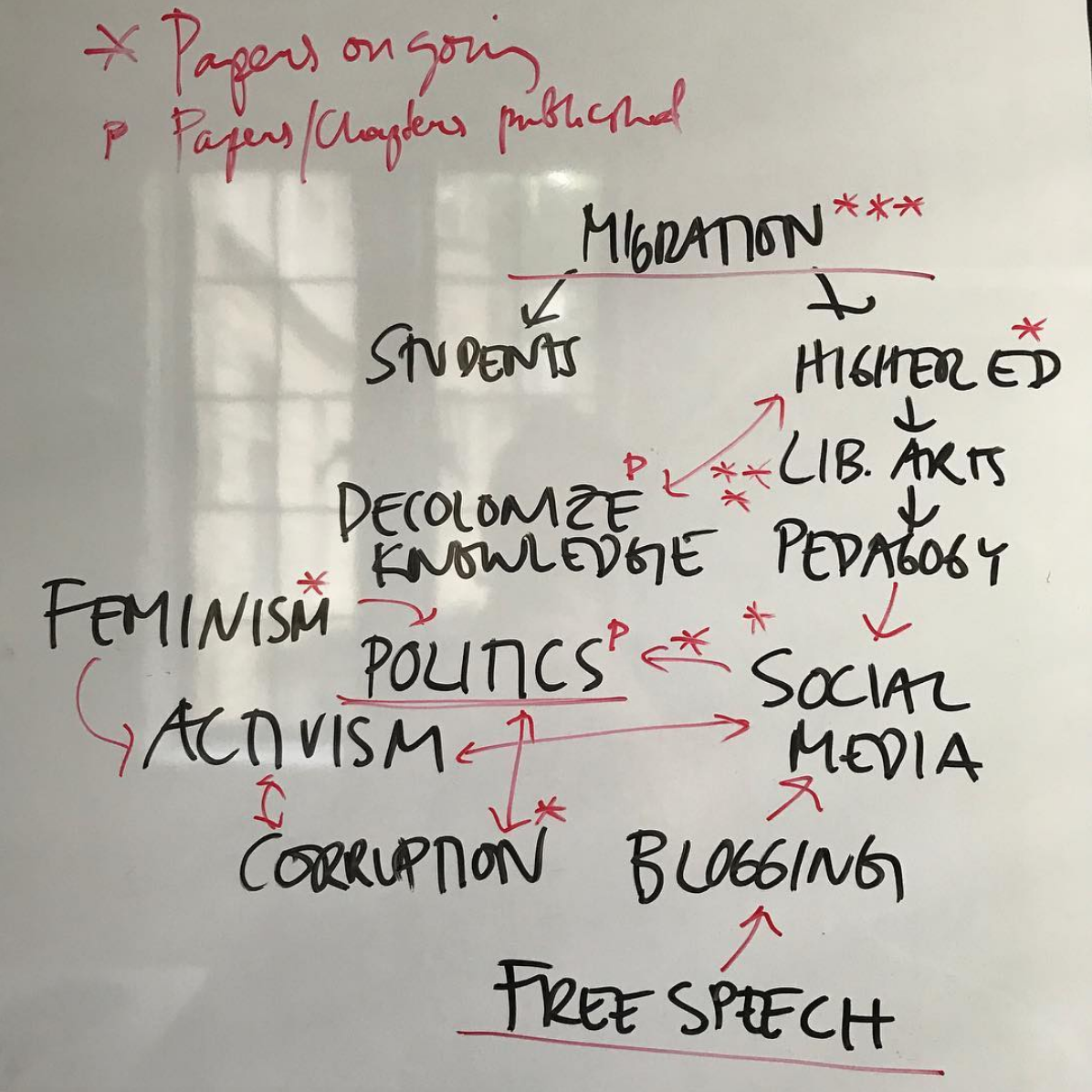I shared the following with the Ashesi Community and thought I might also share it with my readers:
The UN Special Rapporteur on Extreme Poverty and Human Rights Prof. Philip Alston has concluded his visit to Ghana and will fast-track his full rapport to come out in June (as opposed to often a year after the visit). While we wait for the full rapport on the situation for the most vulnerable Ghanaians, we can read his press statement.
I believe this statement is important anyone who:
- Wishes to be well-informed on the situation on the ground for Ghanaians when it comes to extreme poverty.
- Would like a well-respected human rights professor’s view on the most pressing human rights issues of Ghana (Prof Alston earlier visited USA and Nigeria to do similar reports).
- is planning impactful research, as the press statement is a good starting point for current and relevant data and for pointing out pressing areas for intervention.
Some highlights from the press statement:
Issues where the topics of human rights and extreme poverty intersect: Gender, Criminal Justice, Urban Poverty, people living in informal settlements, sexual orientation and gender identity, persons with disability.
GOOD NEWS: “Ghana remains a champion of democracy in Africa, and its record in achieving certain Millennium Development Goals by 2015 is impressive. It met the targets for halving extreme poverty and halving the proportion of people without access to safe drinking water, and it achieved the goals relating to universal primary education and gender parity in primary school. Today, it is set to become Africa’s fastest-growing economy in 2018.”
BAD NEWS (echoing the poverty research carried out by Dr. Cooke) “Inequality is higher than it has ever been in Ghana, while almost one-quarter of the population lives in poverty and one person in every twelve lives in extreme poverty. Spending on social protection is very low by the standards of most comparable African countries, and very little is spent on social assistance. Ghana has many admirable programs, but no discernible plans for funding many of them adequately. As a result, a large number of Ghanaian do not enjoy their basic economic and social human rights and the prospects for meeting many of the Sustainable Development Goals are not encouraging.”
I had the opportunity to interact with Prof Alston and his team while in Ghana and look forward to the full-text report in June and also the debate his visit to Ghana will spur ( I have already seen headings where the government “slams back” etc), hopefully to the benefit of the most vulnerable in our country.





